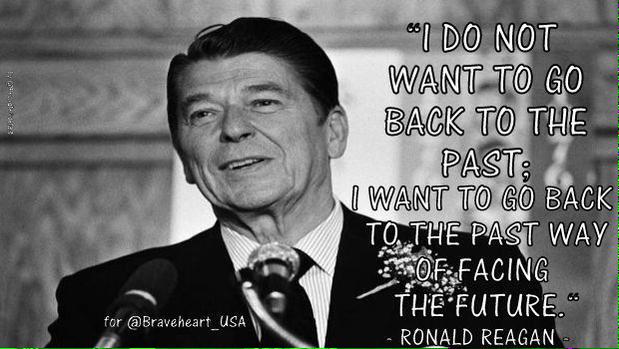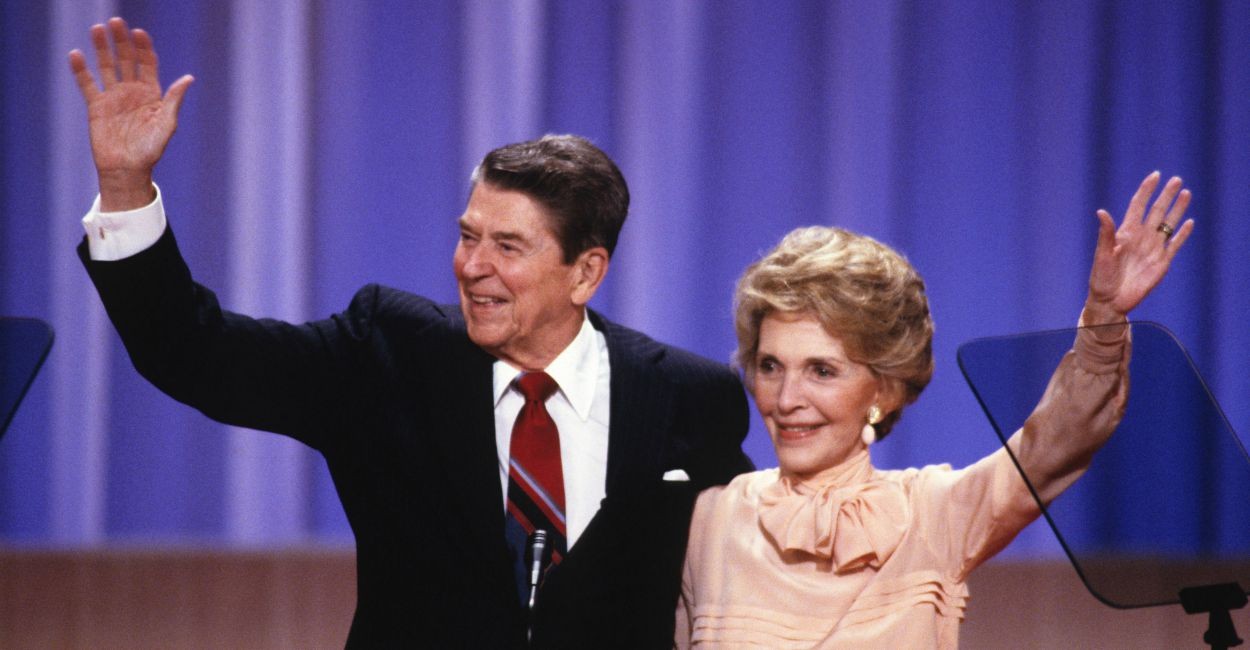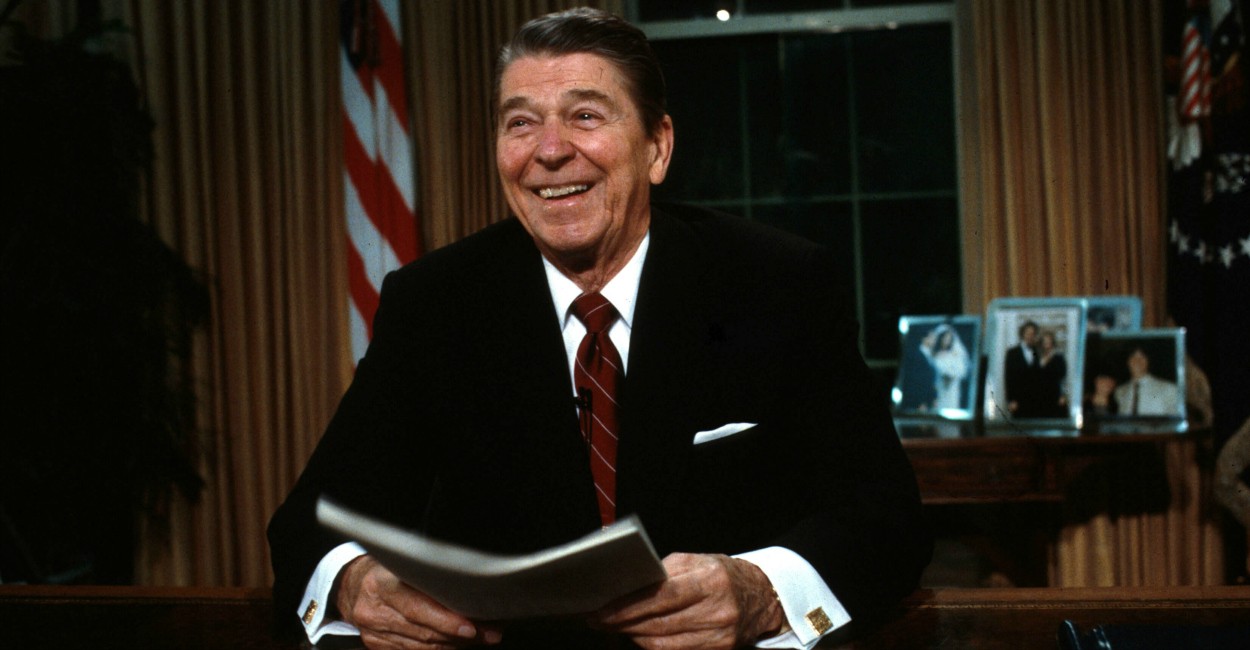Never eat with your fingers, my late mother said, but when I am really hungry all bets are off. Never start driving with a cold engine, my mechanic said, but when I have to get somewhere fast all bets are off. Never extrapolate a principle from an anecdote, my logic teacher said, but when I need to report the voice of the people as a journalist all bets are off. The first Joe Sixpack I talk to is nominated as the Oracle of Delphi.
This brings us to the story of how I came to appreciate the greatness of the first Reagan Tax Cut at 30,000 feet.
Airborne over the heartland, sipping watered-down Diet Coke and munching on stale peanuts, having snickered my way through the pap in the airline “magazine” and made three abortive stabs at writing a column on the barf bag, I was left with no other choice: it was time to stop ignoring my seat neighbor. He was a nice guy about forty-five, with a thriving business, and the rare bird who would admit out loud to being a Republican.
The subject got around to my career and the evolution of my political consciousness. I talked about getting behind Reagan back in 1976, when I was just eighteen, talking him up to skeptics for four years, and then the exhilarating ride to victory in 1980. I described the legislative battles that began after that, pushing for the 1981 and 1986 tax cuts, and what a huge sea change was accomplished by getting the top tax rate down from seventy percent to as low as twenty-eight before it began inching its way back up to its current 39.6.
“Wait a minute,” he says, clearing his throat apologetically. “Are you trying to tell me they used to take seventy cents of tax off a dollar of earnings?”
OMG! It hit me like a sudden airplane lavatory flush, like a food service cart behind the knees, like a spasm of turbulence, like the credit card bill after the vacation. This guy who is forty-five now was just ten in 1980. He cannot even conceive of a world where you make a hundred dollars, 70 for Uncle Sam, 30 for you. Richard Daley getting the dead guys to vote in Chicago is not an image he can register. Tip O’Neill smoking his huge cigar poolside in Florida and cutting deals with labor leaders is not in his database.
This is a source of great pride for the GOP. Its accomplishments in the Reagan Era are what define the perimeter of today’s political spectrum. A politician who suggested a return to a seventy-percent rate could not get one percent of the vote even if he was running against Michael Vick for dog-catcher.
But I would argue the key to all of it, the Caitlyn Jenner moment when there was no turning back, came in the first Reagan tax cut, the Economic Recovery Tax Act of 1981. Lowering the top rate from seventy to fifty provided the moral pivot. By rejecting the notion that the government can ever own more of your human output than you do, it revived the principle of the autonomy of the individual citizen. People can no longer be brainwashed into believing the ruling class knows better than we do how to run our lives.
All this happened in twenty-one days of astonishing leadership. The newly elected President Reagan had the Congress running scared. His popularity was immense and Democrats challenged him at their peril. A tide in the affairs of men had turned against them, and there were slings and arrows preventing them from stealing outrageous fortunes. With Reagan lifting the country’s spirits after the Carter malaise, and promising that his tax cut would restore the sovereignty of the individual without cutting the Treasury’s bottom line, the Democrats were stymied.
Twenty one days. The bill was introduced in the House on July 23, 1981. There were some wrangles and modifications; at one point the President had to go on TV and appeal to the citizenry. Popular opinion stood overwhelmingly with the President; on August 3rd and 4th, the two Houses of Congress passed the bill. By August 13, a scant three weeks after the bill began its odyssey, it was signed by a casual Ronald Reagan on his ranch in the hills of California. It was High Noon for Republicans, film noir for Democrats.
Via: American Spectator
Continue Reading....
 BraveHeart
BraveHeart



















